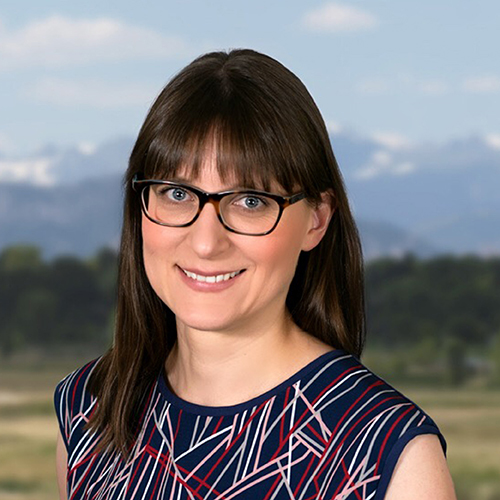
- This event has passed.
Prof. Franziska Glassmeier – Timescales of aerosol-cloud interactions: from opportunistic experiments to radiative forcing
December 5, 2022 @ 16:00

CESOC kindly invites you to a Colloquium given by Prof. Franziska Glassmeier from Faculty of Civil Engineering and Geosciences, TU Delft with the title:Timescales of aerosol-cloud interactions: from opportunistic experiments to radiative forcing
Date: 05 December 2022,
Time: 16:00 CEST
Location: Lecture Hall 4.001 (4th floor), Höninger Weg 100, 50969 Cologne
It will also be streamed via zoom:
for online participation, please contact info@cesoc.net
————————————————————————————————-
Abstract
Anthropogenic aerosols exert a net cooling effect so that they partially mask greenhouse gas warming. The magnitude of this effect is not well constrained and anthropogenic aerosols remain the most uncertain radiative forcing of the climate system. Aerosol-cloud interactions and resulting changes in cloud reflectivity are the dominant mechanisms behind this uncertainty. Opportunistic experiments in the form of localized pollution plumes such as from ship exhaust are valuable for the quantification of aerosol-cloud interactions because they provide clear causation between aerosol perturbation and cloud response. At the same time, it is not clear to what extent they can be generalized to constrain the climatological forcing of anthropogenic aerosols. This seminar will discuss the importance of different timescales of aerosol-cloud interactions. The discussion will be guided by a large ensemble of detailed cloud simulations (large-eddy simulations). Simulation results will be confronted with satellite-derived short-term tendencies (MODIS Aqua vs Terra). We will argue that aerosol-cloud-interaction timescales are crucial if we are to better constrain the aerosol forcing, especially by leveraging opportunistic experiments.
